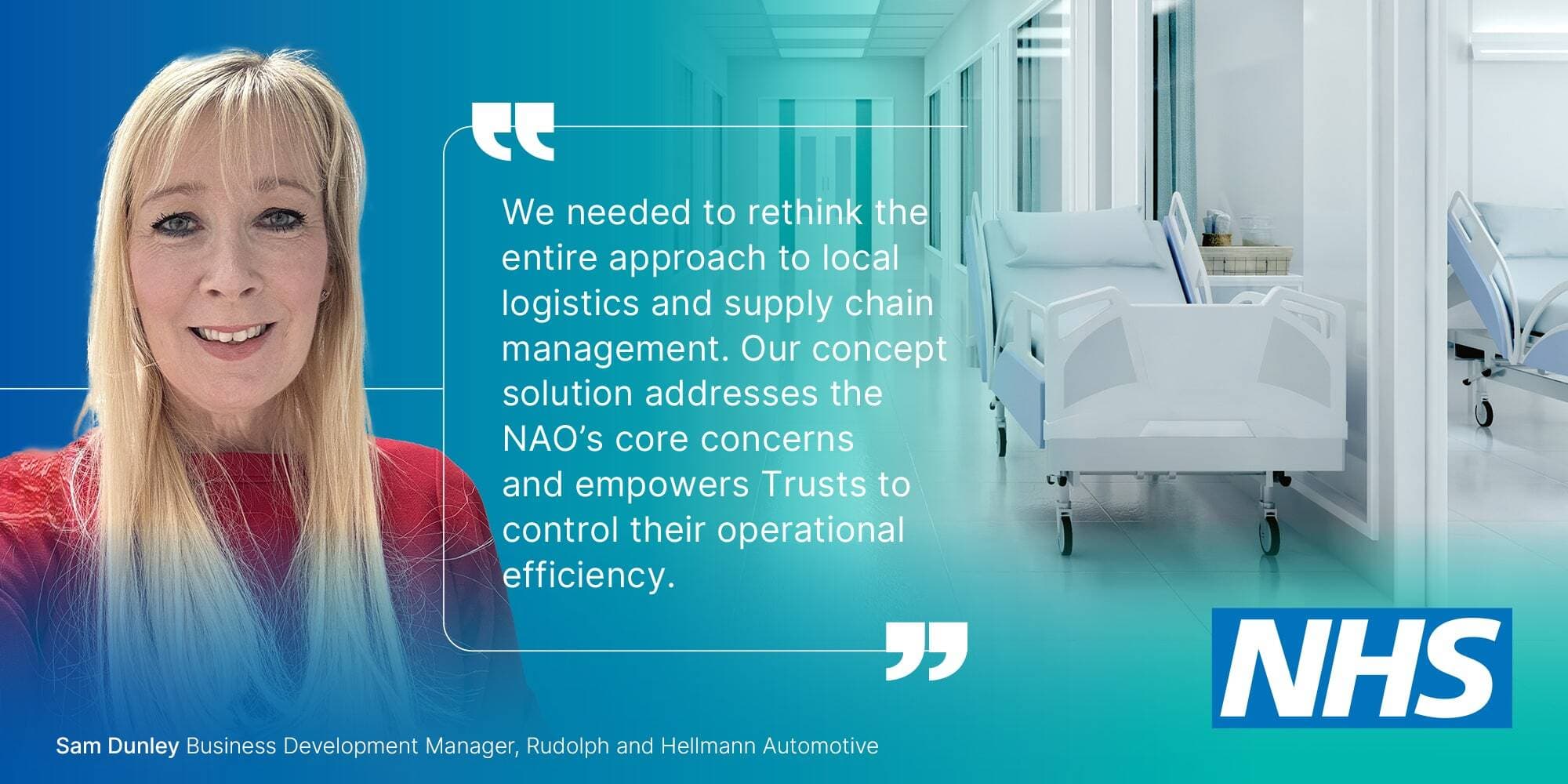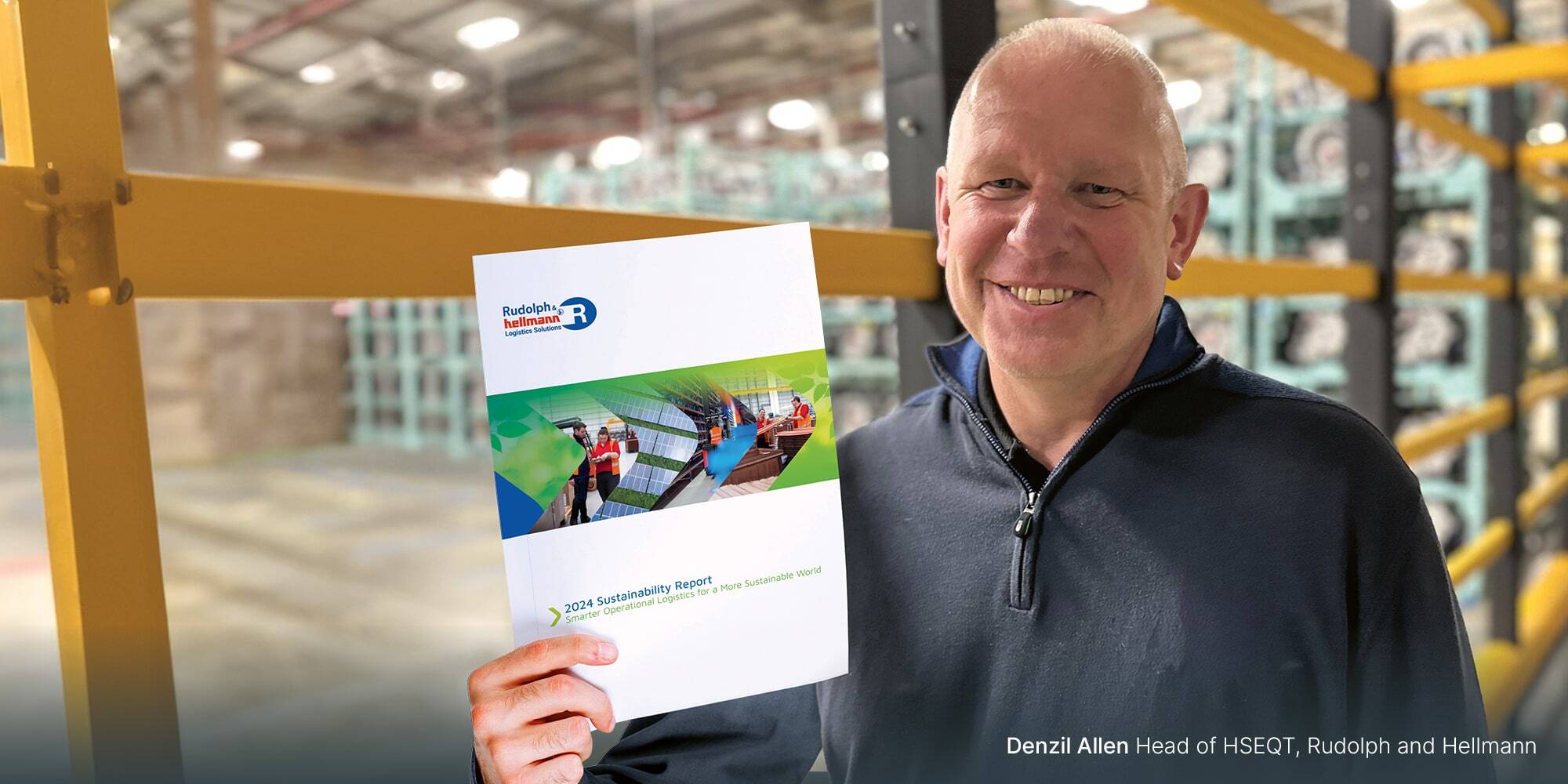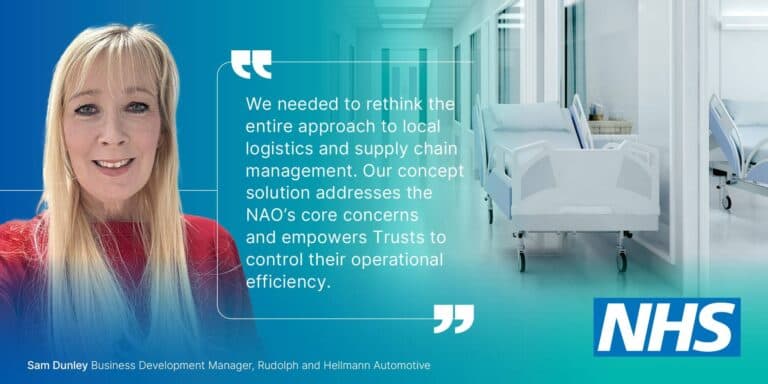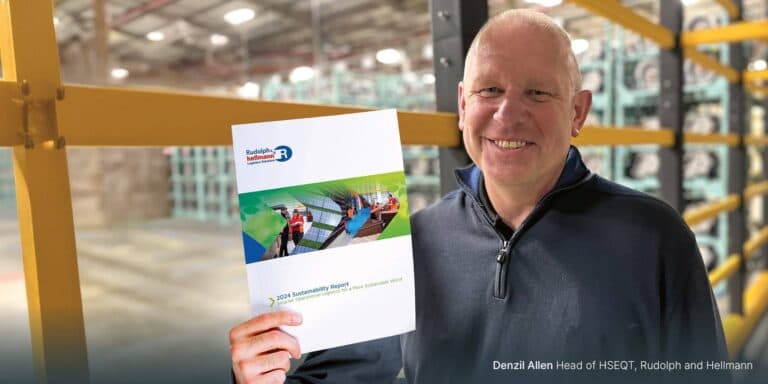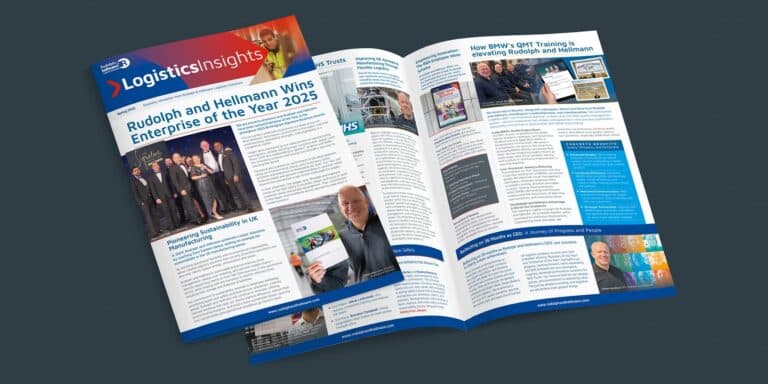With Trump’s re-election, trade dynamics are shifting. Manufacturers may see disruptions from potential tariffs and “America First” policies, impacting access to critical materials. However, these challenges encourage adaptability—strengthening domestic supply chains and exploring new partnerships.
How might changes in the USA presidency impact the UK aerospace sector?
Adding to the already formidable challenges in the sector, the results of the 2024 US presidential election and Donald Trump’s pending second term as president have introduced a new layer of uncertainty. The implications of Trump’s foreign and trade policies, coupled with domestic and global challenges, are poised to significantly shape the future of UK aerospace manufacturers.
In 2025, these manufacturers are at a crossroads, balancing immediate hurdles with the need for long-term innovation. Below, we explore the sector’s key challenges and how the new geopolitical reality, particularly the Trump administration’s policies, will affect the UK aerospace industry.
1. Global Supply Chain Disruptions
The aerospace sector’s reliance on global supply chains makes it particularly vulnerable to disruptions. In 2025, manufacturers face:
- Geopolitical Tensions: The re-election of Donald Trump could bring heightened US-China trade tensions and a potential shift in US-UK relations. New tariffs, export restrictions, or sanctions could disrupt the availability of critical aerospace components and raw materials. The “America First” agenda may prioritise domestic US suppliers over international collaborations, pressuring UK exporters.
- Post-Pandemic Effects: Residual supply chain inefficiencies, including delays and fluctuating shipping costs, remain a challenge.
- Raw Material Scarcity: Access to rare earth metals and alloys, crucial for aerospace production, continues to be constrained by geopolitical rivalries.
Mitigation Strategies: UK manufacturers may need to bolster their domestic supply chains, seek new trade partnerships, or renegotiate existing agreements to account for any shifts in US policy.
2. Decarbonisation Pressures
The global push to decarbonise aviation remains a critical challenge for UK aerospace. With Trump likely to deprioritise environmental policies, UK manufacturers might find themselves at odds with less stringent US standards. Key issues include:
- Demand for Sustainable Aviation Fuels (SAF): UK firms might struggle to maintain competitiveness if US manufacturers are not bound by equivalent green energy requirements.
- Aircraft Electrification: With limited US incentives for green technology under Trump, partnerships with American firms in developing electric propulsion could face funding and policy challenges.
- Regulatory Compliance: Stricter UK and EU environmental regulations may widen the competitiveness gap between environmentally compliant UK firms and less regulated US manufacturers.
Industry Response: UK manufacturers must double down on decarbonisation efforts to meet net-zero goals while advocating for fair international environmental standards.
3. Workforce Challenges
The UK aerospace industry faces a critical skills gap in 2025. Trump’s presidency could exacerbate these challenges in several ways:
- Brexit and Talent Migration: The UK already faces difficulty attracting skilled labour due to Brexit. Trump’s focus on tightening US immigration policies could complicate efforts to recruit skilled aerospace engineers from the US or allied nations.
- Emerging Skills Gaps: The rise of advanced manufacturing technologies and AI has created demand for specialised skills that are not readily available in the UK workforce.
Solutions: UK aerospace firms will need to enhance domestic training programs, form partnerships with universities, and develop apprenticeships tailored to the demands of Industry 4.0 technologies.
4. Rising Costs and Inflation
Economic instability, driven by high inflation and increased borrowing costs, is straining the aerospace sector. Trump’s presidency could introduce further fiscal challenges:
- Trade Policy Volatility: Tariff increases or restrictions on exports to the US could impact the financial viability of UK aerospace exports.
- Energy Costs: Trump’s potential rollbacks on green energy policies may increase global energy price volatility, disproportionately affecting energy-intensive industries like aerospace.
Strategic Moves: UK firms are exploring cost-saving innovations, including digital manufacturing, automation, and supply chain optimisation, to mitigate these financial pressures.
5. Competition and Market Dynamics
The re-election of Trump brings renewed focus on the competitive landscape for UK aerospace:
- US Market Dominance: Trump’s protectionist policies could enhance Boeing’s competitive edge while side-lining UK firms seeking to expand into the lucrative US market.
- Emerging Market Entrants: Countries like China and India continue to challenge traditional aerospace leaders with aggressive domestic production.
- Defence Spending Shifts: While Trump’s presidency is likely to increase US defence budgets, this may skew opportunities toward US contractors, limiting export opportunities for UK firms.
Adapting to Change: UK manufacturers may need to diversify into new niches, such as unmanned aerial vehicles (UAVs) and space technology, to counter the effects of intensified competition.
6. Technological Disruption
The UK aerospace industry must contend with technological innovation at an accelerated pace:
- Additive Manufacturing (3D Printing): UK firms are investing heavily in scalable additive manufacturing, but potential US trade restrictions could limit access to American intellectual property or machinery.
- Artificial Intelligence (AI): Collaborations with US technology firms could be jeopardised if new restrictions on tech exports are implemented under Trump’s administration.
- Cybersecurity Threats: The increased risk of cyberattacks targeting critical aerospace IP highlights the need for robust digital defences.
Focus on Innovation: UK firms must invest in homegrown technologies and form partnerships outside traditional markets to remain competitive.
7. Uncertain Demand Recovery
The re-election of Trump adds uncertainty to the global aviation demand recovery:
- Economic Volatility: Trump’s focus on “America First” policies and potential trade wars could create global economic instability, suppressing demand for new aircraft.
- Military Aircraft and Systems: While US defence spending is likely to rise under Trump, the focus may shift away from traditional allies, including the UK.
- Passenger Trends: Post-pandemic changes in passenger preferences, combined with economic pressures, could slow demand for commercial aviation.
Proactive Measures: UK manufacturers are expanding into space exploration and satellite technologies to hedge against fluctuating aviation demand.
Changing trade dynamics and environmental challenges One thing is for sure, manufacturers must adapt quickly to remain competitive. Operational logistics expertise will play a pivotal role in mitigating these challenges. This is where Rudolph and Hellmann, with our proven track record in optimising supply chains and managing complex logistics networks, offer valuable solutions. Our ability to streamline inventory management, enhance supplier relationships, and deploy predictive analytics can help UK aerospace manufacturers navigate uncertainty with greater efficiency and resilience. By leveraging partnerships, the UK aerospace industry can position itself for sustained growth and innovation amidst evolving global dynamics.
